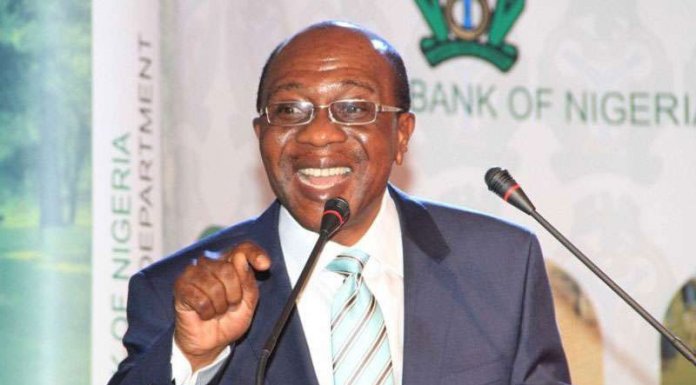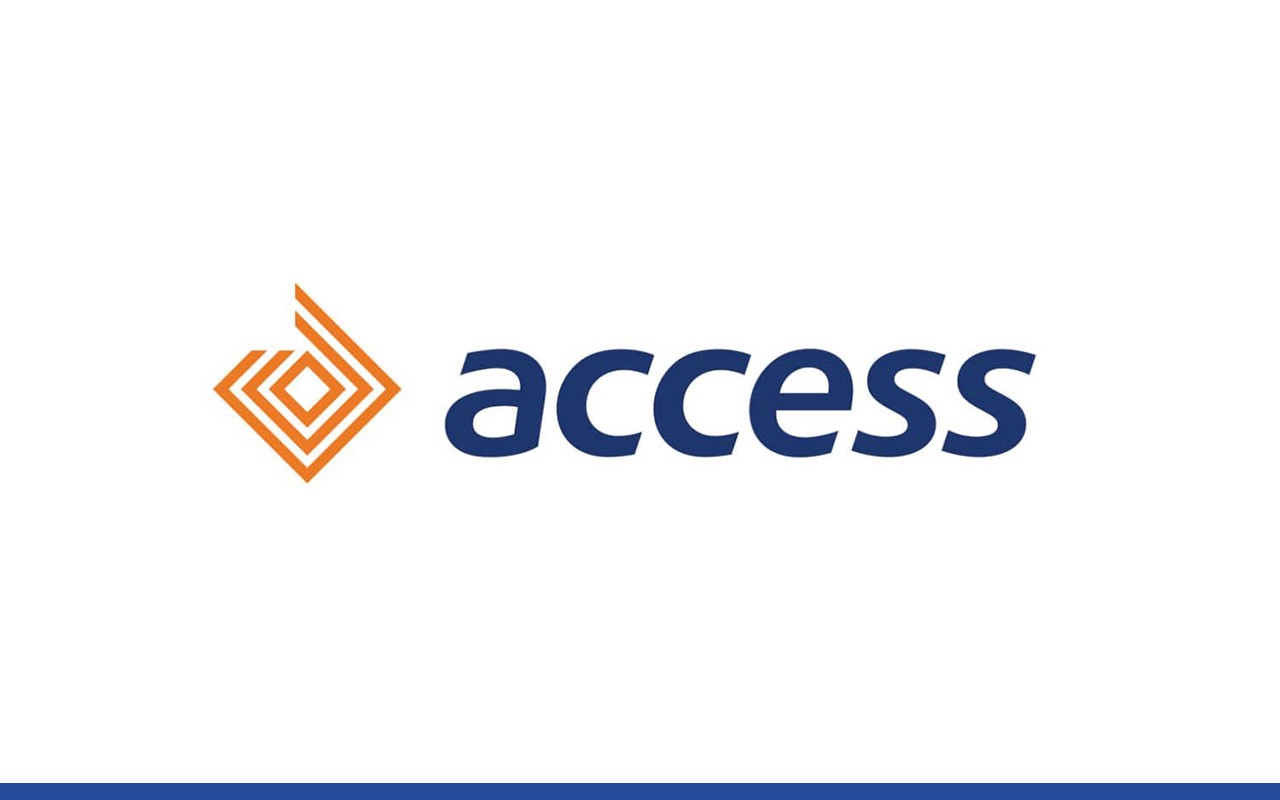Experts fault CBN’s claims of inflationary pressure for not cutting banks’ lending rates
Nigerians have reacted to a recent comment by an official of the Central bank of Nigeria (CBN), saying that the apex bank may not reduce the benchmark lending rate anytime soon owing to the high inflationary pressure in the country.
The official was quoted as saying that the general thinking within the bank was that loosening the current monetary policy stance would further fuel inflation and reduce the purchasing power of the people.
“Inflation is beginning to trend downwards and we have started to witness some form of stability in the naira exchange rate, and this is why we are retaining the current monetary policy stance to allow the economy to feel the impact of our actions.
“Any attempt to reduce the interest rate now will further make more money available in the hands of the people and this will not only worsen the level of inflation, it will also have grave consequences for the foreign exchange rate.”
However, the key argument had been the deep difference between what banks pay as interest on customers’ deposits and interests’ customers pay to banks’ when they access loan facilities.
Checks by Business Hilights on interests on deposits show an average of 1.9 to 2.5 per cent in a year, while some banks charge as high as 25 to 29 per cents on loans taken by their customers.
The general thinking of many finance experts is that the CBN should reduce the lending rate in order to boost economic activities.
They argued that reducing lending rate was long overdue as many businesses were currently finding it difficult to service their debt obligations.
Besides, they hinted that the surging cases of non-performing loans (NPLs) are not unconnected with exorbitant lending rates.
Vociferous Developmental Economist, Odilim Enwegbara did not miss any word in faulting the CBN that the lending rate could not be lower than the inflation rate, adding that in countries like Japan and Turkey, their interest rates were lower than the inflation rates and the banks were still lending.
According to him, “It’s long overdue; the government must mandate them to reduce it and lend to key sectors of the economy, because one thing is for the rate to be lower and another is the banks’ willingness to lend”.
“If the lending rate is reduced, the cost of servicing debt by the Federal Government will reduce. The government should make these banks to invest in the real sector instead of giving money to importers of finished goods. The manufacturing sector should get single digit lending rate, while importers of finished goods should borrow at 15 per cent and lending to the government should be at a single digit. This will reduce the level of inflation in the country.”
It would be recalled that though bank customers had been in silent pains for long, but the Senate President, Dr. Bukola Saraki recently broke the silent on behalf of Nigerians, calling on the apex bank to immediately work on the high lending interest rate by making it easier for businesses to thrive.
According to him, “in an economy where workers were being retrenched and people were losing investments, it was immoral for certain sectors to be making astronomical profits”.
“They (banks) will tell you that they are doing business but in doing business, there must be social responsibility.
“We must be able to sit down and look at ourselves eyeball to eyeball, and we intend to do that; and I can promise Nigerians that we can find a solution. Hopefully, with the stability in the forex market, we will now begin to address the high interest rate.
“There is no business that can make money if it is trying to borrow at 28 or 29 per cent. It cannot work; and if we cannot get the banks to lend to the real sector and they carry on their money to government instruments, there cannot be growth. So, we must tackle that. I can assure you that I will lead that challenge. We must sit down and discuss it.”
Business Hilights recalls that the CBN had after last month’s Monetary Policy Committee meeting retained for the seventh consecutive time the Monetary Policy Rate at 14 per cent, Cash Reserves Ratio at 22.5 per cent, Liquidity Ratio at 30 per cent, and the Asymmetric Window at +200 and -500 basis points around the MPR.
In an earlier interview, the Acting Director, Corporate Communications Department at CBN, Mr. Isaac Okorafor, said the retention of the MPR at 14 per cent was a collective decision of the Monetary Policy Committee and that it was determined after rigorous analysis.
“Fixing of the MPR is the responsibility of the MPC. It is a product of rigorous data collection, analysis and the collective views and voting by members.
“It is not based on popular opinions and so I cannot predict what they will do next,” Okorafor insisted.








